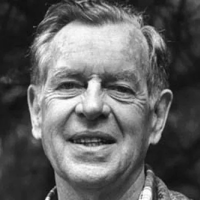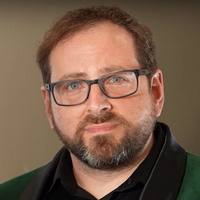Joseph Campbell MBTI Personality Type
Personality
What personality type is Joseph Campbell? Joseph Campbell is an ENFP personality type in MBTI, 5w4 - sx/so - in Enneagram, SCUEI in Big 5, in Socionics.
"Follow your bliss [Fi]" is one of the ENFP-est philosophies ever. One of the core differences between ENFP and INFJ philosophies is the tendency of INFJs to focus on a singular resolution to a social problem for the whole of society - Ni-Fe, aka synthesis (Ni) for everybody (Fe). ENFPs tend to focus on leading one to be guided by their own gifts (Fi) towards their self-realization - Ne-Fi, aka possibilities (Ne) for the individual (Fi). And that's what the hero's path as a structure is all about, as well as following one's bliss. Another aspect of ENFP philosophy is that of perceiving individual reality as being one of every human being an aspect/mask of God - for reference, read "The Hero of a Thousand Faces", as well as compare it to Alan Watts' (ENFP) similar perspective on the matter, mainly in his exposition of hinduism/Brahmanism - God as being immanent in human existence as the infinite possibilities of what human individual existence may take -, as and it shall become clearer. In the spectacle of life, we are all an aspect of God. In the case of his enneagram, ENFPs are just the hardest to define it.
Biography
Joseph John Campbell (March 26, 1904 – October 30, 1987) was an American professor of literature at Sarah Lawrence College who worked in comparative mythology and comparative religion. His work covers many aspects of the human experience. Campbell's most well-known work is his book The Hero with a Thousand Faces (1949), in which he discusses his theory of the journey of the archetypal hero shared by world mythologies, termed the monomyth.
Related Personalities

J. K. Rowling
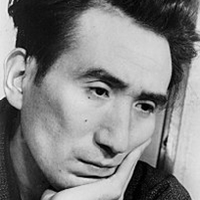
Osamu Dazai
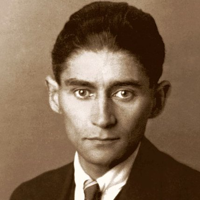
Franz Kafka
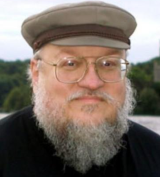
George R. R. Martin

Robert Greene
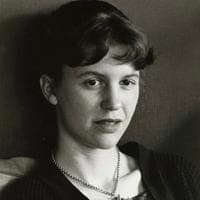
Sylvia Plath
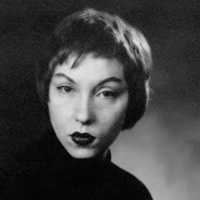
Clarice Lispector
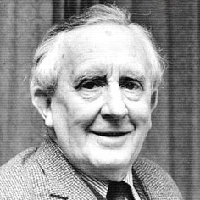
J. R. R. Tolkien
